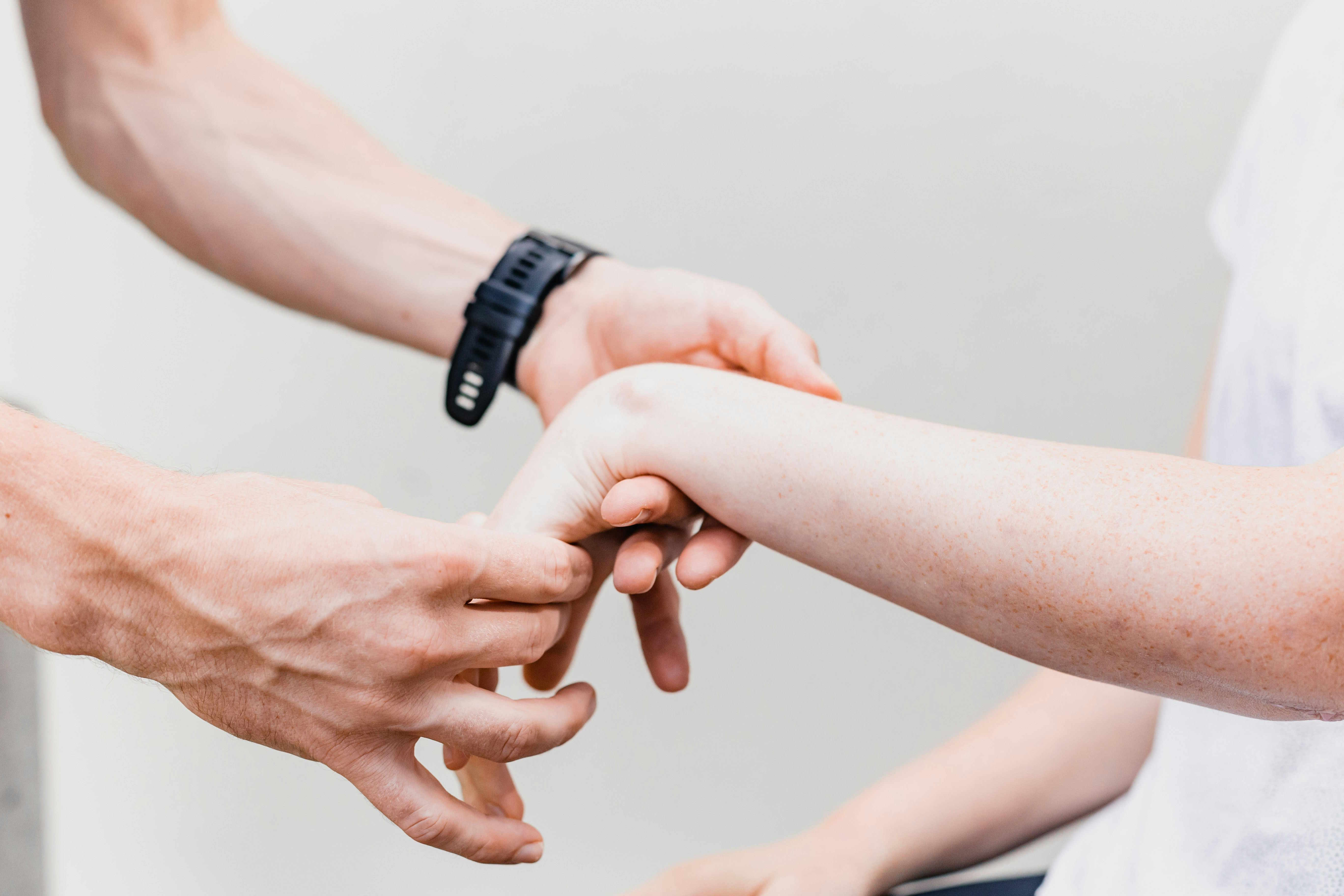The Comprehensive Guide to Rehabilitation: Recovery Support and Wellness Programs
Rehabilitation, often simply called rehab, is a crucial process for individuals recovering from various physical, mental, or substance-related challenges. This comprehensive guide explores the multifaceted world of rehabilitation, focusing on recovery support services, wellness and healing programs, and the various rehabilitation care options available. Whether you're seeking help for yourself or a loved one, understanding the landscape of rehabilitation can be the first step towards a healthier, more fulfilling life.

What are the core components of rehabilitation programs?
Rehabilitation programs typically encompass a wide range of services designed to address specific needs and promote overall wellness. The core components often include:
-
Medical care and supervision
-
Psychological counseling and therapy
-
Physical therapy and exercise programs
-
Nutritional guidance and support
-
Life skills training and education
-
Aftercare planning and relapse prevention
These elements work together to create a holistic approach to recovery, addressing not just the primary issue but also underlying factors that may contribute to ongoing challenges.
How do recovery support services enhance the rehabilitation process?
Recovery support services play a vital role in the rehabilitation journey by providing ongoing assistance and resources to individuals as they navigate their path to wellness. These services often include:
-
Peer support groups and mentoring programs
-
Case management and coordination of care
-
Housing assistance and transitional living options
-
Employment support and vocational training
-
Family education and counseling
By offering comprehensive support beyond the initial treatment phase, recovery support services help individuals maintain their progress and build a strong foundation for long-term success.
What types of wellness and healing programs are available in rehabilitation?
Wellness and healing programs in rehabilitation settings are designed to promote overall health and well-being. These programs often incorporate a variety of approaches, including:
-
Mindfulness and meditation practices
-
Art and music therapy
-
Yoga and other mind-body exercises
-
Outdoor and adventure therapy
-
Nutritional counseling and cooking classes
-
Stress management and relaxation techniques
These programs aim to address the whole person, fostering physical, emotional, and spiritual healing alongside traditional medical and therapeutic interventions.
How do rehabilitation care options differ for various conditions?
Rehabilitation care options vary widely depending on the specific condition or challenge being addressed. Some common areas of specialization include:
-
Substance abuse and addiction recovery
-
Physical rehabilitation for injuries or disabilities
-
Mental health and psychiatric rehabilitation
-
Neurological rehabilitation for brain injuries or stroke
-
Cardiac and pulmonary rehabilitation
Each of these areas requires specialized approaches, tailored treatment plans, and expert care providers to ensure the best possible outcomes for patients.
What unique rehabilitation approaches are emerging in the United States?
In recent years, several innovative approaches to rehabilitation have gained traction in the United States. Some noteworthy developments include:
-
Virtual reality-assisted therapy for physical and mental health conditions
-
Telemedicine and remote rehabilitation services
-
Personalized medicine approaches using genetic testing
-
Integration of wearable technology for monitoring and progress tracking
-
Holistic and integrative medicine programs combining traditional and alternative therapies
These emerging approaches aim to enhance the effectiveness of rehabilitation programs and make recovery more accessible and personalized for individuals across the country.
How do you choose the right rehabilitation program for your needs?
Selecting the appropriate rehabilitation program is a crucial decision that can significantly impact recovery outcomes. Here are some key factors to consider when evaluating rehabilitation care options:
-
Accreditation and licensing of the facility
-
Qualifications and experience of the staff
-
Range of services offered and treatment approaches used
-
Success rates and patient testimonials
-
Location and environment of the facility
-
Cost and insurance coverage
| Rehabilitation Provider | Services Offered | Key Features/Benefits |
|---|---|---|
| Hazelden Betty Ford | Substance abuse treatment, mental health services | Evidence-based programs, multiple locations, family support |
| Shirley Ryan AbilityLab | Physical rehabilitation, research | Cutting-edge technology, interdisciplinary teams, specialized programs |
| McLean Hospital | Mental health and psychiatric care | Harvard Medical School affiliate, diverse treatment options, research focus |
| Caron Treatment Centers | Addiction treatment, behavioral health | Holistic approach, gender-specific programs, continuing care |
| Craig Hospital | Spinal cord and brain injury rehabilitation | Specialized expertise, innovative research, comprehensive support services |
When considering rehabilitation options, it’s essential to thoroughly research and compare different providers to find the best fit for your specific needs and circumstances.
In conclusion, rehabilitation is a complex and multifaceted process that involves various support services, wellness programs, and specialized care options. By understanding the different components and approaches available, individuals can make informed decisions about their recovery journey and take positive steps towards improved health and well-being.
This article is for informational purposes only and should not be considered medical advice. Please consult a qualified healthcare professional for personalized guidance and treatment.




